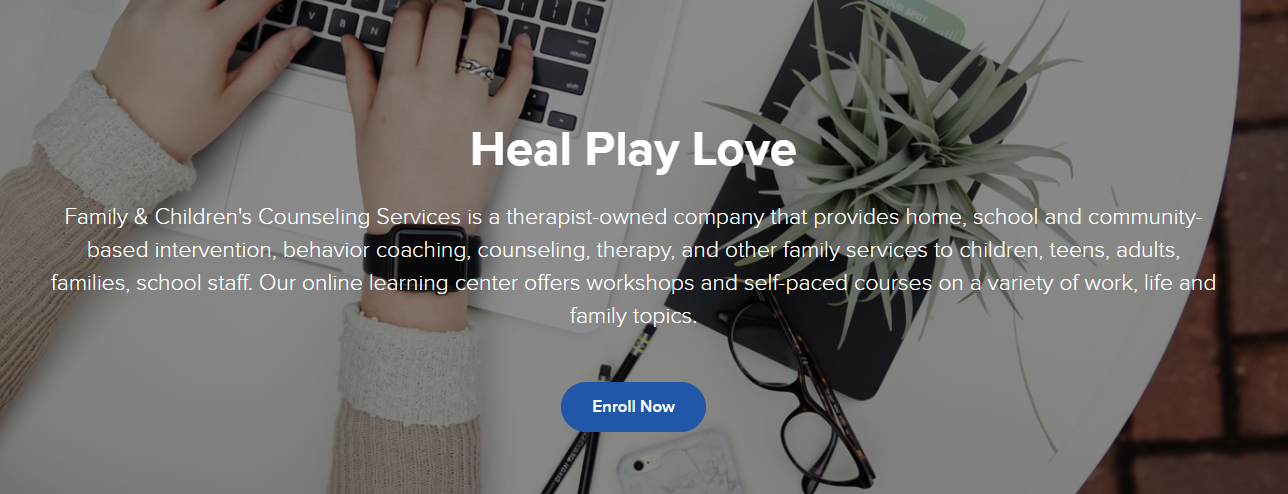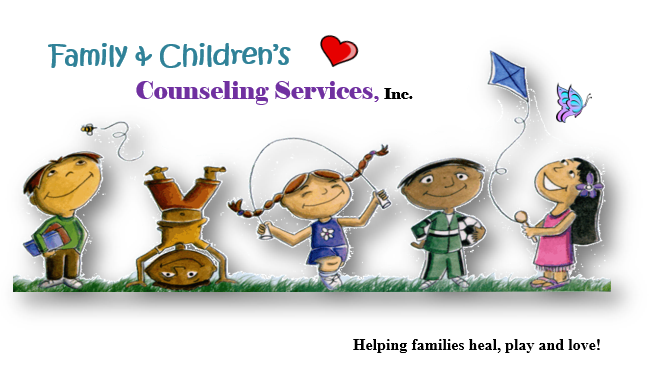Florida Supervised Visitation Monitor Training Online

Supervised Visitation Provider Training Online
Be a part of the solution in Florida! Scroll down for local links.
The most comprehensive Online Supervised Visitation Training available!
See our curriculum here!
*** Note: Florida Providers must contact their local court to sign a Supervised Visitation Provider agreement.
Florida Statute 753
Florida law -time sharing
Florida law- supervised visitation
Florida Supreme Court
Florida Supervised Visitation Manual
Florida Clearinghouse for Supervised Visitation
Back to State by State
Go to...
About
Meet Your Instructor
The Course
Q & A
Testimonials
Enroll
This training covers:
1- The role of a Supervised Visitation Provider (Parenting Time Monitor)
2- Child abuse reporting laws
3- Record-keeping procedures
4- Screening, monitoring, and termination of visitation
5- Developmental needs of children
6- Legal responsibilities and obligations of a Provider
7- Cultural sensitivity
8- Conflicts of interest
9- Confidentiality
10- Issues relating to substance abuse, child abuse, sexual abuse, and domestic violence
11- Basic knowledge of family and juvenile law
12- Personal and Community Safety
13- How to screen and inform new clients through the Initial Interview and Orientation
14- What to expect at a Visit (with sample visit documentation)
15- How to choose a visit location
16- Establishing and maintaining professional boundaries
17- Customizable Document Templates for your business (Not included in the Employee version.)
18- Bonus Content: Tips and Tricks from decades of experience
19- Add- on option for weekly phone coaching
20- Add-on option for employee training (Not included in the Employee version.)
21- Add-on a FREE course: Fire Safety or Universal Precautions Training (great for insurance safety discounts, where applicable).
See full curriculum here.
If you plan on providing Supervised Visitation in Florida, make sure you check state and local laws and that you meet the minimum requirements before taking the training.
753.03 Standards for supervised visitation and supervised exchange programs.--
(1) Within existing funds from the department, the clearinghouse shall develop standards for supervised visitation programs in order to ensure the safety and quality of each program. Standards must be uniform for all the programs and must address the purposes, policies, standards of practice, program content, security measures, qualifications of providers, training standards, credentials and background screening requirements of staff, information to be provided to the court, and data collection for supervised visitation programs.
(2) The clearinghouse shall use an advisory board to assist in developing the standards. The advisory board must include:
(a) Two members of the executive board of the state chapter of the Supervised Visitation Network, appointed by the president of the state chapter of the Supervised Visitation Network.
(b) A representative of the Office of the State Courts Administrator, appointed by the State Courts Administrator.
(c) A representative of the department, appointed by the secretary of the department.
(d) A representative of the Florida Coalition Against Domestic Violence, appointed by the executive director of the Florida Coalition Against Domestic Violence.
(e) A representative of a local law enforcement agency, appointed by the executive director of the Florida Sheriffs Association.
(f) A circuit court judge who presides over domestic violence proceedings, appointed by the Chief Justice of the Supreme Court.
(g) A circuit court judge who presides over dependency proceedings, appointed by the Chief Justice of the Supreme Court.
(h) Two representatives of a supervised visitation program, appointed by the director of the clearinghouse.
(i) A representative of the Statewide Guardian Ad Litem Office, appointed by the executive director of the office.
(3) The clearinghouse, in consultation with the advisory board, shall develop criteria and procedures for approving and rejecting certification applications for and monitoring compliance with the certification of a supervised visitation program. The clearinghouse shall recommend the process for phasing in the implementation of the standards and certification procedures and the criteria for distributing funds to eligible programs and designating the state entity that should certify and monitor the supervised visitation programs.
History.--s. 8, ch. 2007-109; s. 50, ch. 2011-213; s. 82, ch. 2012-5.
753.04 Interim minimum standards for supervised visitation programs.--
(1) Until the standards for supervised visitation and supervised exchange programs are developed pursuant to this chapter and a certification and monitoring process is fully implemented, each supervised visitation program must have an agreement with the court and comply with the Minimum Standards for Supervised Visitation Programs Agreement adopted by the Supreme Court on November 17, 1999. Under this order, a supervised visitation program shall enter into an agreement with the circuit court or circuit courts within the geographic jurisdiction of the program attesting to the willingness of the program to comply with the Supreme Court’s standards.
(2) Until the standards for supervised visitation and supervised exchange programs are completed and a certification and monitoring process is fully implemented, a supervised visitation program may not receive grant funds for access and visitation under 42 U.S.C. s. 669b unless the program provides documentation to the state agency administering the grant verifying that the program has entered into an agreement with the circuit court as required under subsection (1). This subsection does not obligate the state agency administering the grant to certify a program’s compliance with the Minimum Standards for Supervised Visitation Programs Agreement.
History.--s. 9, ch. 2007-109.
753.05 Referrals involving child sexual abuse.--
(1) Any supervised visitation program that wishes to accept referrals involving child sexual abuse must have an agreement with the court and a current affidavit of compliance on file with the chief judge of the circuit in which the program is located affirming that the program has agreed to comply with the minimum standards contained in an administrative order issued by the Chief Justice of the Supreme Court on November 17, 1999, and provided the program has a written agreement with the court and with the department that contains policies and guidelines specifically related to child sexual abuse.
(2) The agreement must include provisions for the following:
(a) Program staff who supervise visits or other contact must have specific training in child sexual abuse provided through the Clearinghouse on Supervised Visitation documented in personnel files.
(b) The program must have protocols for obtaining background material on the family prior to the initiation of services.
(c) The program must accept only those child sexual abuse referrals for which staff have the requisite background material, training, and security in place to safely monitor contact.
(d) The program must decline referrals of child sexual abuse cases when staff lack necessary training or education, when background material has not been received, or when lack of security may allow revictimization of the child.
(e) The program must suspend visits in cases when the child appears to be traumatized by the visits or when the individual visiting or having other contact engages in inappropriate behavior or violates program rules.
History.--s. 10, ch. 2007-109.

